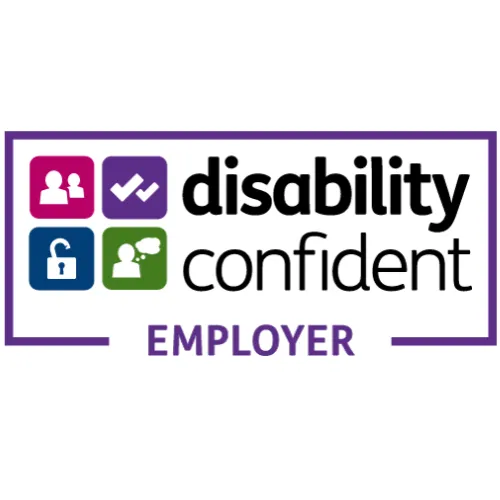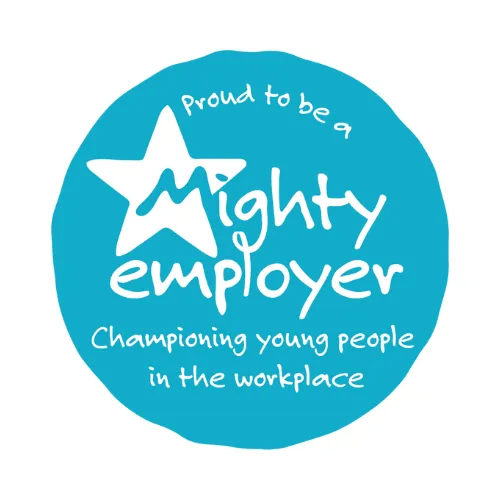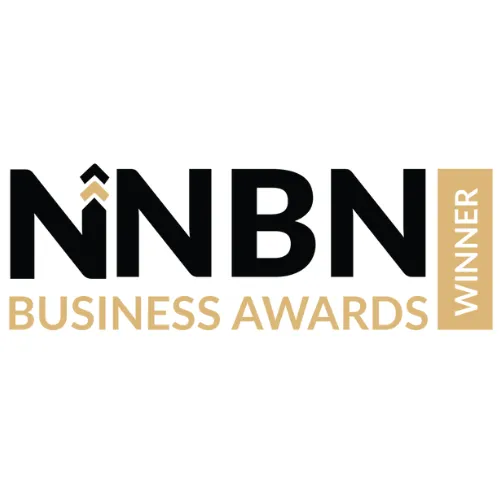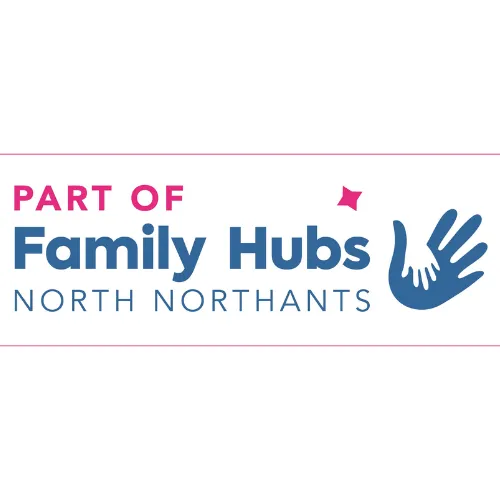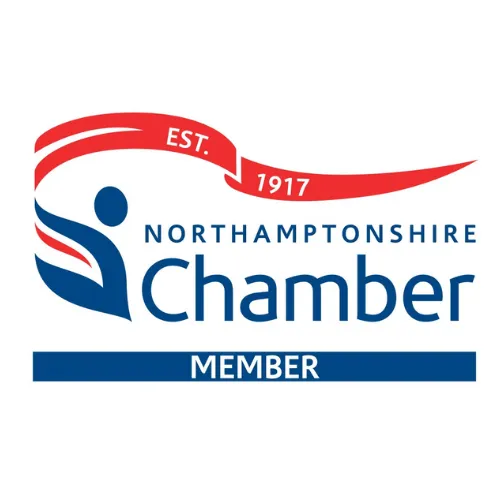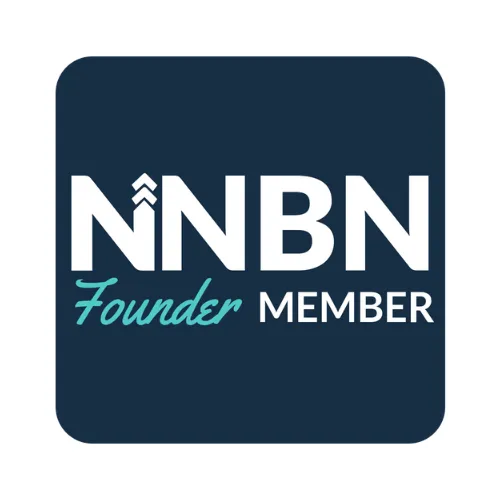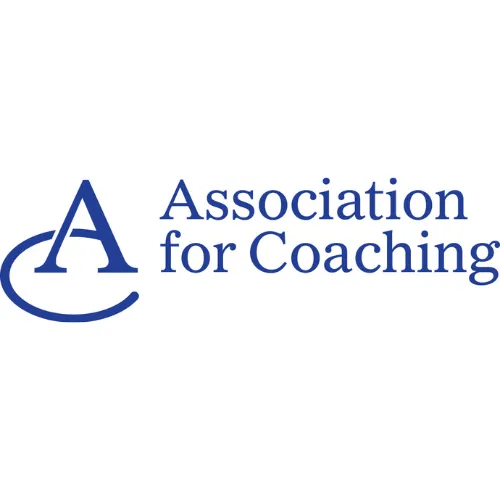Welcome to our Learning Hub
Empower Your Curiosity
Insights, Stories, and Tips for the Inquisitive Mind
Our Story and Mission
Our journey began in the vibrant world of creative arts, a path that has not only shaped us as artists but as leaders, educators, and advocates. Through the arts, we discovered powerful skills — creativity, communication, resilience — that transcend the studio and stage, enriching our lives in education, business, and community leadership. Inspired by our own transformation, we're dedicated to unlocking this potential in others. Our mission is to guide individuals in exploring their creative talents, developing their personal and professional skills, and empowering them to lead and inspire in all aspects of their lives.
Our ethos is simple – everyone has a story to tell, a song to sing, or a dance to share. We believe in the transformative power of the arts to enrich lives and communities. By making arts accessible to all, we aim to foster confidence, creativity, and a sense of belonging.
So, dive in! Explore, learn, and let us know if there's something specific you're curious about. We're here to help, one post at a time.
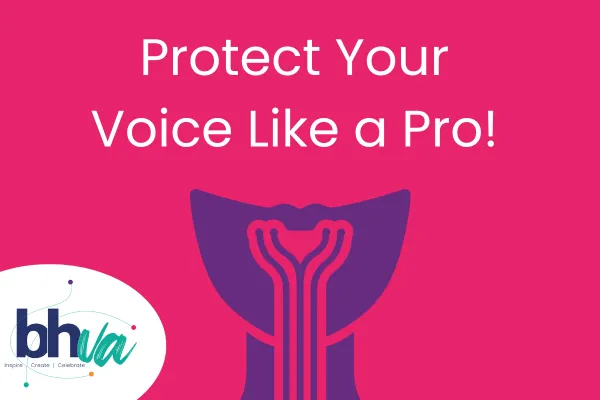
Protect Your Voice Like A Pro
Vocal health isn’t just for singers!

If you use your voice as part of your job - whether you're teaching, presenting, or speaking on the phone - you’re a professional voice user.
And just like any professional, you need to take care of your tools.
Think about it: how often do you rely on your voice during the day?
Are you a teacher delivering lessons, a call center operative speaking non-stop, or a recruiter in back-to-back interviews?
If you’ve ever lost your voice after a long day at work or struggled to get through meetings after a holiday, this blog is for you.
Let’s explore why vocal care matters and how you can keep your voice healthy and strong.
Who Needs to Look After Their Voice?

A lot of people assume vocal health only applies to singers, but that couldn’t be further from the truth.
If you’re using your voice for extended periods, you’re essentially running a vocal marathon. Imagine clapping your hands for 40 minutes straight. They’d feel sore, right?
Your vocal folds work in a similar way - vibrating together repeatedly when you speak. Without proper care, they can become tired and damaged.
Here are some common roles where looking after your vocal health is crucial:
Teachers
Customer service representatives
Coaches
Solicitors
Public speakers
If that sounds like you, keep reading for some top tips to protect your voice.
Top Tips for Vocal Health
Silence - Rest Your Voice

Just like any muscle, your vocal folds need regular breaks to recover. If you speak for 40 minutes straight, your voice begins to tire and strain. Schedule intentional breaks (5 minutes of silence every 20 minutes) where you’re not talking - this could mean giving your class an independent task or setting up your call centre system to allow staff a few minutes of downtime.
Quick Tip: A break isn’t shouting on the phone in the car! True rest means silence. Plan moments in your day where your voice gets a complete pause.
Sleep
Your body does its best repair work while you’re sleeping, and your vocal folds are no exception. Sleep helps your voice recover from the strain of the day and prepares it for tomorrow. If sleep is a struggle (hello, parents!), try to prioritise quality rest whenever possible.
Sirens - Warm Up and Cool Down
Would you run a race without warming up first? Probably not - and your voice deserves the same care. Gentle warm-ups like sirening (vocal glides) can prepare your voice for a day of talking. Cooling down is equally important, especially if you’ve been using your voice in noisy environments like classrooms or busy offices.
Pro Tip: Warm-ups and cool-downs should be tailored to your specific needs. What works for a teacher might not be right for a call center operative. If you’re unsure where to start, reach out to a professional for guidance.
Stay Hydrated
Whether it's keeping your water intake levels up for your body to stay hydrated - an important thing - or steaming to access more topical hydration for your vocal folds, staying hydrated is another key thing to be doing to look after your body and voice.
Seek Help When Needed

If you’ve had a cold, cough, or hoarseness lasting more than three weeks, it’s time to see a GP. Persistent vocal issues could indicate laryngitis or other conditions that need attention. If needed, ask for a referral to an ENT, ideally one who specialises in vocal health (a laryngologist). For professional voice users, organisations like BAPAM (British Association for Performing Arts Medicine) can provide support and direct you to experts.
Why Tailored Support Matters
Not all vocal care tips are one-size-fits-all.
Your warm-ups, cool-downs, and rest strategies should align with how you use your voice.
That’s where we come in.
At BHVA, we don’t offer off-the-shelf solutions. Instead, we work with you to create a personalised plan that meets your unique needs - whether you’re leading a noisy classroom or spending hours on client calls.
Interested in learning more? We offer workshops and one-to-one sessions tailored to individuals and teams.
These sessions can help you:
Present with confidence without straining your voice
Manage vocal fatigue in demanding jobs
Understand how to warm up and cool down effectively
Your Voice Deserves Care

Vocal health isn’t just for singers - it’s for everyone who uses their voice to connect, inspire, and make an impact. With a little knowledge and the right care, you can keep your voice strong and healthy for years to come.
If you’re ready to take the next step, get in touch with us at BHVA. Whether online or in person, we’d love to help you protect and amplify your voice!
Sign Up to BHVA Insights
Catch the latest on events, offers, and fresh ideas.
All delivered to your inbox every fortnight.

Beccy Hurrell Voice & Arts Limited is registered in England. Company No: 13263202. Registered office: 10 Kirby Street, Kettering, NN15 5GR


